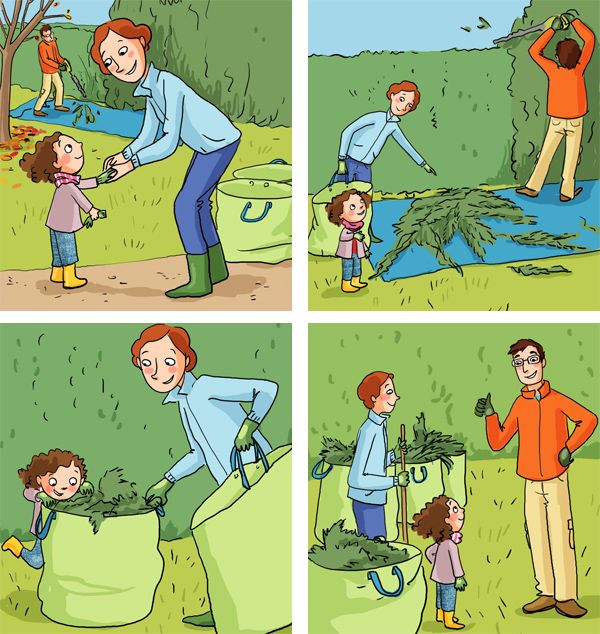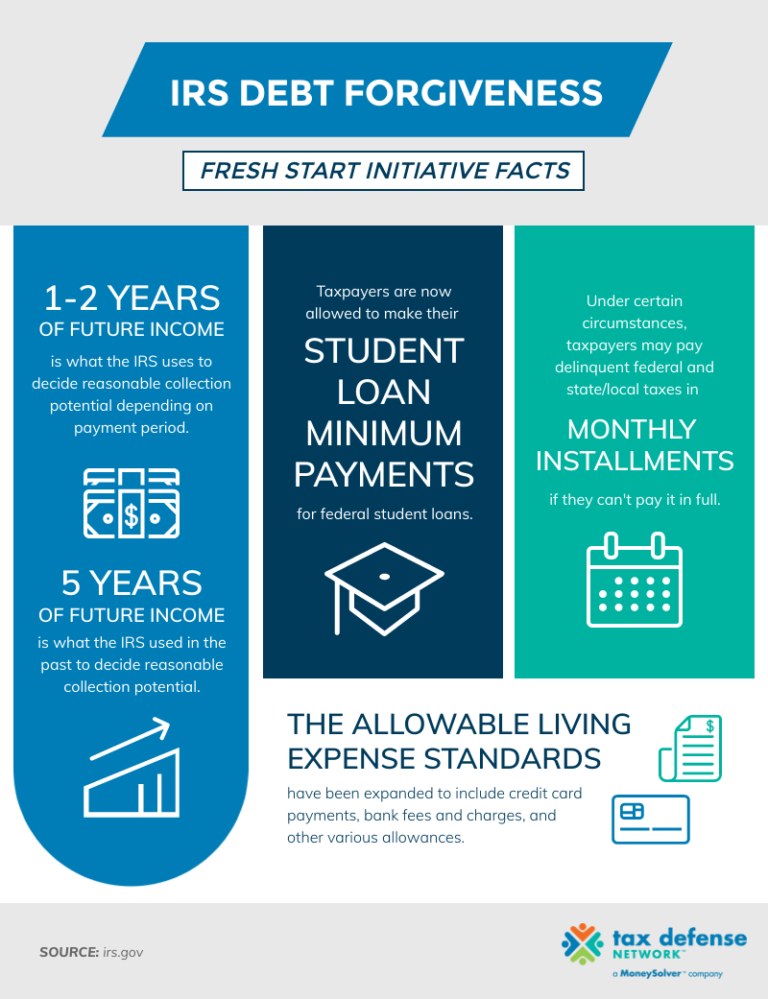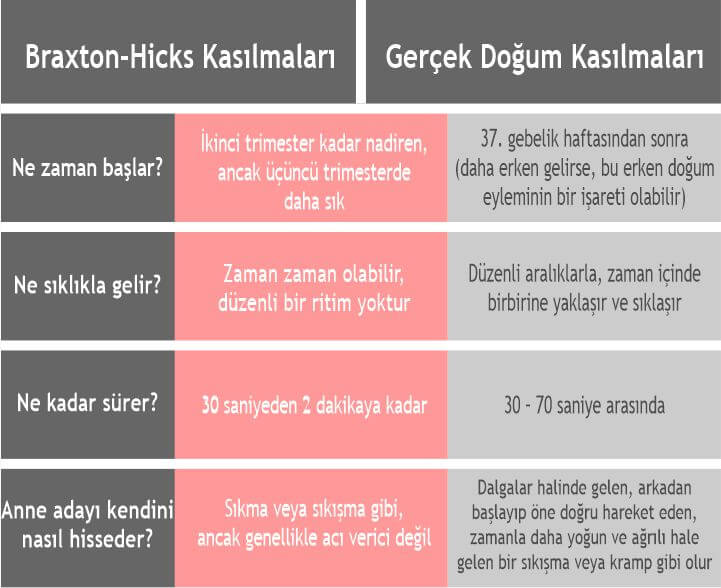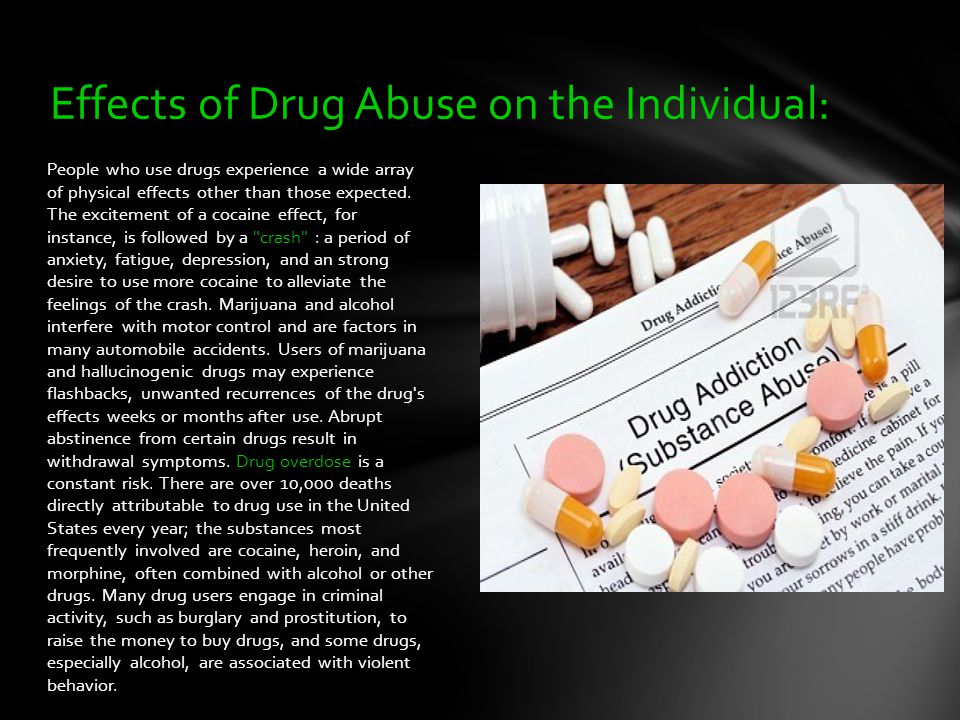How to toughen up a sensitive child
How To Toughen Up a Sensitive Kid
We all want our kids to be strong, to have the strength to endure tough times, and to be able to rise up to any challenges in life.
How do you toughen up a child in the right way without breaking their spirit?
Let’s take a look at what science says about raising tough kids.
Why Do Parents Want To Toughen Up Their Kids
We like the word “tough” because it sounds, well, tough.
From grade school, we learn that the opposite of tough is fragile or weak.
No one likes to be fragile or weak.
So we want to be tough.
We want to use tough love parenting because it sounds like it should make our children tough.
Toughening up children makes them strong. That makes sense, right?
But what we really want is for our children to be mentally strong enough to handle adversity in life. Parents want their children to persevere and bounce back from hardship instead of falling apart.
This is the kind of “tough” we want.
But there’s a better term for it…. we want our children to be resilient, not just appear tough.
How To Build A Strong Car (Kid)
Think about building a car.
Car manufacturers and engineers spend lots of time and resources to improve car designs from one generation to the next.
Besides performance and vanity, the most important part of designing a new car is to make sure it can protect the driver and passengers inside, especially in car accidents.
So we want strong cars, right?
Does it mean that the engineers keep building stronger and stronger car structures and frames?
Well, yes, they do… partially.
But the other part and one of the most important parts in building a strong car is actually creating a crumple zone, a part of the car that can crumple and absorb energy from an impact to protect the occupants in a car crash.
Auto safety has come a long way in the past century.
We no longer focus on only building strong exteriors. We don’t just want the car to look intact after a crash. We also want the people inside safe and sound.
We don’t just want the car to look intact after a crash. We also want the people inside safe and sound.
The same principle applies to raising kids. We shouldn’t just focus on how tough they act on the outside. We want them to be mentally strong and be able to pick themselves up no matter how hard it is.
How To Raise A Strong Kid
From resilience research, we know that one of the most important resilience factors is having a warm, close connection with an adult (usually the parent).
Authoritative parents are warm and responsive to a child’s emotional needs. They naturally create close relationships with their children.
On the other hand, authoritarian parents who are cold and non-responsive to their kids’ emotional needs do not usually enjoy such close connections with their children.
So contrary to conventional wisdom, tough love parenting does not create tough kids. Even worse, it usually results in mean kids1.
A study was performed in Israel where 18-year-old men must serve in mandatory military service.
Turning Tantrums Into TriumphsIt was found that male adolescents who grew up in a non-nurturing environment coped and adapted worse in the tough military scenery than those who grew up in a nurturing household2
A strong child doesn’t have to act tough all the time. They can cry and get emotional, too (remember crumple zone?)
A child expressing emotions is not being soft or a wimp.
They are just being human.
When parents allow their children to show emotion and help them learn to regulate it, kids have better emotional regulation skills, which will protect them and help them weather tough times.
Besides, emotion repression has been shown to do more harm than good3.
For more help on calming tantrums, check out this step-by-step guide
What Kind Of “Tough” Do We Want In Our Kids
Ok, so having resilience means a child is strong inside despite occasionally showing negative emotions.
But we don’t want our children to break down at every challenge, right?
So, we still want to have tough kids, but a different type of toughness.
What does the word “tough” mean?
Physically, one can become tough by doing exercises such as weightlifting.
You start with a 5-pound or 10-pound weight.
Then 20 pounds, 30 pounds, and gradually increase to build up your muscle strength.
You don’t start with the 100 pounds or a weight you cannot withstand at first.
You don’t ask someone to throw a 100-pound weight at you.
You also don’t want someone to be mean to you for not being able to lift a 100-pound weight on the first day.
As you train and lift heavier and heavier weights, you want encouragement and recognition along the way.
Physical toughness is about diligently practicing, building up a tolerance, and increasing muscle strength to lift heavyweights.
How To Toughen Up A Child
Here, we are not talking about weightlifting anymore, but it’s just the same.
You start with something small, something the child can handle4.
Then you gradually increase the level of difficulty.
Over time, they struggle less, build up a higher tolerance to adversities, get back up after failure, and attain a greater ability to solve problems even in harsh situations.
True toughening up is
- letting children struggle at times when they can reasonably handle a situation themselves instead of swooping in and doing it for them,
- teaching children how to handle more and more difficult situations and allowing them to practice in a safe environment,
- being supportive when their children fail and cheer them on as they overcome one difficulty after another in life.
What Does Tough Love Mean
Unfortunately, most parents do not harden up a child in this way.
When authoritarian parents say tough love, they usually mean
- they will push a child into difficult situations whether the child is developmentally ready to handle them or not,
- they are unkind if the child fails,
- they are callous towards the child’s suffering,
- they are rude towards their child or don’t treat them with respect, and
- they believe being nurturing and supportive will create a weak child.

There is no LOVE in that kind of tough love.
Why do those parents toughen up children that way?
Sometimes, it’s because we have this image of a buff guy walking around being loud, is never defeated, and seems “tough” on the outside, as portrayed in silly movies.
We thought that was tough.
Sometimes, it’s because we think we’re offering practice for our children as they will eventually encounter plenty of cruelty and harshness in the real world. We want to expose our children to that kind of environment now so that they won’t be unprepared.
The intention is good although the method is wrong.
But sometimes, it’s because parents don’t want to respect or be nice to their children and use “toughening” as an excuse.
These are usually mean people, to begin with.
They can be nice to other grownups for the most part, but they are very capable of being mean if they don’t like you, even if you’re a grownup.
Toughening up their children is usually not the real intention of these people.
So, parents use tough love for various reasons, some good but some not so good.
What Is Real Toughness
Real toughness is having the tenacity and the strong will to overcome adversities and the ability to still be kind and caring in the face of hardship.
True toughness is being strong inside and mentally, not just acting tough outside.
That should be the kind of toughness we want our children to develop.
As shown in the research mentioned above, toughening up a child cannot make them tough.
Being nurturing and supportive parents to our kids can.
A firm and kind parent can raise a much stronger child than a mean and cruel parent can.
Final Thoughts On Toughening Up Your Child
There is nothing wrong with wanting to raise strong, resilient children, but make sure we are after the right kind of tough, i.e. mentally tough.
References
-
1.

Knafo A. Authoritarians, the Next Generation: Values and Bullying Among Adolescent Children of Authoritarian Fathers. Analyses Soc Iss & Publ Pol. December 2003:199-204. doi:10.1111/j.1530-2415.2003.00026.x
-
2.
Mayseless O, Scharf M, Sholt M. From Authoritative Parenting Practices to an Authoritarian Context: Exploring the Person-Environment Fit. J Research on Adolescence. December 2003:427-456. doi:10.1046/j.1532-7795.2003.01304002.x
-
3.
Wenzlaff RM, Eisenberg AR. Parental Restrictiveness of Negative Emotions: Sowing the Seeds of Thought Suppression. Psychological Inquiry. October 1998:310-313. doi:10.1207/s15327965pli0904_15
-
4.
Brendtro LK, Longhurst JE. The Resilient Brain. Reclaiming Children & Youth. 2005;14(1):52-60. https://eric.ed.gov/?id=EJ713676.
4 ways to toughen up your child and boost his confidence
Spark your child’s fighting spirit and help him weather the toughest of times ― especially when you’re not around.
By Lee Yang Yi
As parents, you may feel like your child’s hero, doing everything you can to protect your child from life’s ups and downs. Truth is, you won’t always be around and there’ll come a time when junior will just have to go at it alone. Building his ability to bounce back from setbacks will ensure that he’ll be able to ride out the roughest times.
In the worst case scenario, without strength and resilience, your young ’un might turn to substance abuse like drugs or alcohol to deal with the fallout from failing. Explains Geraldine Tan, a psychologist at The Therapy Room, “If we do not help the child build up [resilience] in childhood, [the person] may also perceive themselves as incapable of working through things and would even be dependent on others to “save” them all the time.”
“Resilience comes from the confidence of knowing he or she can make things right.
If they think only mum and dad can fix it, how will they stand on their own two feet?”
Your child’s fear of failing may prevent him from building his resilience as this quality is enhanced only when a person continues to prevail every time after he encounters failure. Dr Hana Ra Adams, a psychologist at the Change Group LLP, explains that this fear of failure leads a child to underperform in a task. This will, in turn, impact the way he approaches future challenges.
Daniel Koh, Insights Mind Centre psychologist, also points out that getting scolded for and lacking support and understanding from parents and peers may worsen your kiddo’s fear of failing. Here are expert strategies to boost your child’s courage and resilience:
1. Don’t fix his problems for himAs we don’t like seeing our children suffer, you may feel compelled as a parent to step in and help your mini-me solve his problems. But when you do so, you’re depriving him the chance to learn critical coping strategies and vital problem-solving skills.
Dr Adams explains, “Resilience comes from the confidence of knowing he or she can make things right. If they think only mum and dad can fix it, how will they stand on their own two feet?”
She adds that you need to encourage your child to be independent and try different solutions before asking for help. If he is uncertain about the next course of action, remind him that you are always open to discussing his options but he has to be the one to make the decision. Koh adds that you can remind them that you are always around if they need someone to talk to.
While you may feel guilty leaving your child to find his own solutions, Dr Adams reminds you that you aren’t necessarily helping your child in the long run by fixing things. “Most of us grow through trial and error. If we don’t allow our children that same process, how can we expect them to develop and grow and to learn from experience?”
Three more top tips coming right up!
2. Get them to do simple tasks
Let them help you with household chores such as doing the dishes, cooking or folding the laundry. Besides imparting useful life skills, you’ll show that you trust their sense of judgment or that you know they can do a good job. Remember to offer specific praises like “I really appreciate when you fold the clothes for mummy.” These words can influence and change the way they think about themselves. Dr Adams points out that absorbing a positive message can boost their confidence.
Besides imparting useful life skills, you’ll show that you trust their sense of judgment or that you know they can do a good job. Remember to offer specific praises like “I really appreciate when you fold the clothes for mummy.” These words can influence and change the way they think about themselves. Dr Adams points out that absorbing a positive message can boost their confidence.
3. Fix his inner voiceJust discussing the solution makes them feel they have better control of the situation. It also gives your child the vocabulary he needs to talk about his problems.
What you say as a parent has a huge impact on the way your child thinks about himself. Tan stresses, “Words may only be one part, [but] many of the children who have a fear of failing are afraid of ‘looking’ stupid in front of others.” How prior failings are handled can also influence the way he approaches the next challenge and the others that follow.
If a situation doesn’t go well, Dr Adams suggests using humour to relieve pressure. When your child has calmed down, discuss with him how to make it better the next time or what we have learnt from this incident. Just discussing the solution makes them feel they have better control of the situation. It also gives your child the vocabulary he needs to talk about his problems. Make it a point to let your child drive the conversation ― let him offer solutions before jumping in to give positive feedback or your suggestions.
4. Help him see that making a mistake isn’t the end of the worldSometimes all your child needs to realise is that no matter how difficult things may look now, it will get better. Dr Adams says, “You could use a scale of one to three or one to ten. Sometimes, scaling can help your child to understand that in a grand scheme of things, the current problem may not be that bad.”
Dr Adams adds that you resist telling junior that what they are feeling is no big deal either as they will find it harder to talk to you about other goings-on.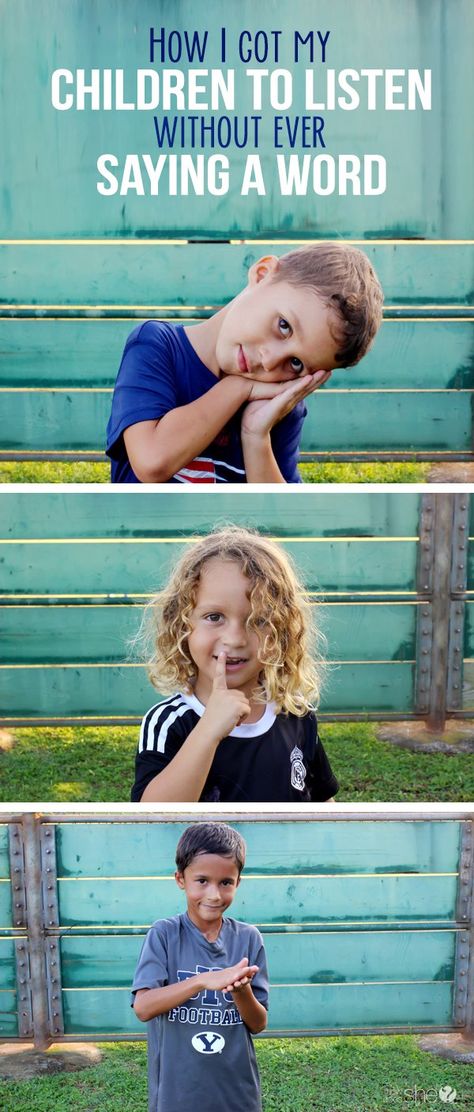 So, avoid rushing to brush aside their feelings ― validate their emotions by being empathetic. Use phrases like “I understand how you feel” or “It is okay to feel that way.”
So, avoid rushing to brush aside their feelings ― validate their emotions by being empathetic. Use phrases like “I understand how you feel” or “It is okay to feel that way.”
Photos: iStock
Check out these other kid’s stories, too…
5 danger signs you’re raising an entitled child
6 life skills junior must have to succeed
8 secrets to raising honest children
How to temper a frequently ill child: the most proven methods
Published: October 20, 2018
According to statistics, recently the number of frequently ill children has been steadily increasing. There are several reasons for this. The following factors negatively affect the child's immune system:
- complications during the mother's pregnancy,
- profound prematurity,
- feeding with artificial milk formulas instead of breast milk,
- lack of vital vitamins and minerals,
- dysbiosis and diseases of the gastrointestinal tract,
- unfavorable ecological situation in the region,
- choice of clothes not for the weather.
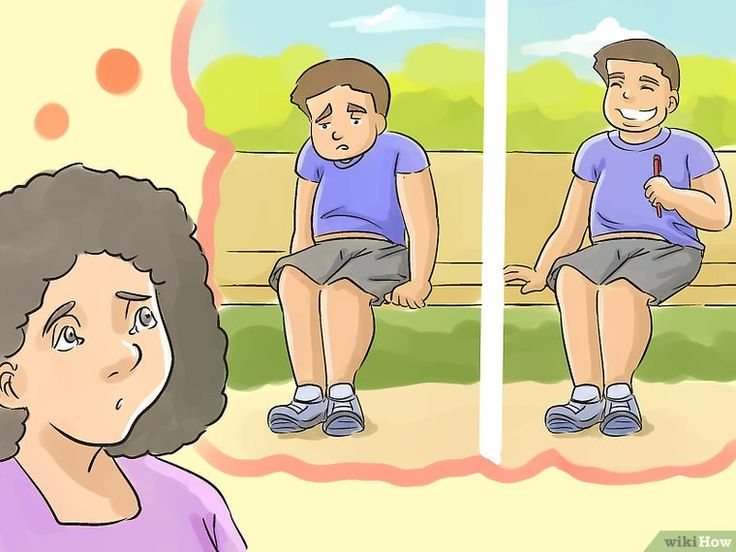
Today it is customary to call ill children who get ARVI more than 6 times a year. If your child has an increased susceptibility to infections, this is not a reason to be upset. Hardening procedures will help solve the problem. The main thing is to know how to conduct them correctly.
Contents of the article
What harms the immune system?
Some parents, in search of an answer to the question of how to temper a child with weak immunity, ignore other factors that lead to a decline in immune protection. If timely measures are taken and the baby's lifestyle is adjusted, then in some cases it will be possible to avoid health problems and ensure its proper development.
So, the main "enemies" of strong immunity can be called:
- Excessive protection of the child. Creating an environment free of any bacteria and infections is not the best way out for the health of the baby. Under such conditions, the immune system is not able to contact harmful agents and develop specific protection against them.
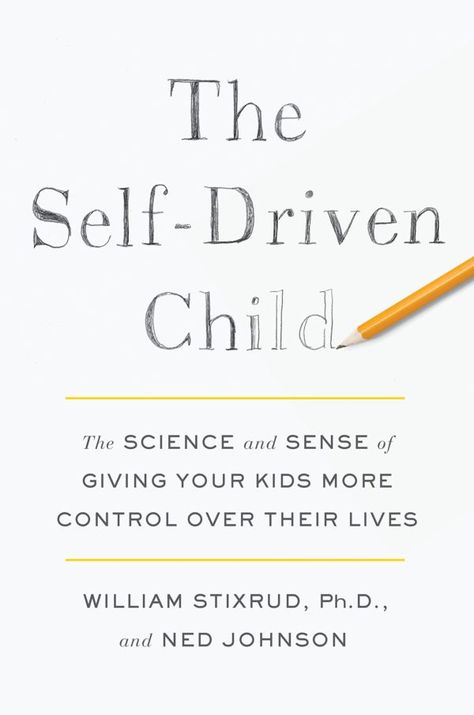 Therefore, care for the health of the crumbs should be reasonable.
Therefore, care for the health of the crumbs should be reasonable. - Baby wrap. You should choose clothes for walking according to the weather. If it's cold outside, you can wear a hat, jacket and scarf. When the air temperature is high, but you still wrap the child, this leads to a violation of thermoregulation. When the baby sweats, a small draft may be enough to make him catch a cold.
- Rare walks. In no case should you deprive a child of walks. Children who are regularly outdoors are less likely to get sick in most cases.
- Unbalanced nutrition. Often you can encounter a situation where parents try to persuade a child to eat something. Sometimes they go along with the child and agree to buy him fast food instead of healthy food. This is not worth doing. The baby should eat as much as he wants. At the same time, food should be healthy and varied.
Frequent mistakes of parents
Sometimes parents, unwittingly, carry out hardening incorrectly. What mistakes do moms and dads make?
What mistakes do moms and dads make?
The first mistake is excessive caution in one's actions. Many people think that it is enough to arrange a contrast shower for the baby a couple of times a week and pour cool water over the legs after bathing. Unfortunately, it is not. Hardening should be carried out regularly, gradually lowering the water temperature by several degrees. If the foot baths, rubdowns are too warm, the child's body simply "will not notice" such an effect.
The second common mistake is hardening without limits. It will do more harm than good. Too sharp temperature fluctuations can give the opposite result - the child will get sick again.
To avoid these errors, it is essential to consult your pediatrician before starting any treatment. A pediatrician will tell you in detail how to temper a frequently ill child, taking into account the individual characteristics of his body.
Golden rules for hardening
The first rule that parents should learn is that it is necessary to temper a frequently ill child gradually, without haste. It is best to start water-air procedures in the warm season, against the backdrop of the complete health of the baby.
It is best to start water-air procedures in the warm season, against the backdrop of the complete health of the baby.
One of the most effective procedures for beginners is washing. First, you should wash the crumbs with warm water, gradually lowering the temperature to room temperature and below. For children older than three years, extended washing is useful: face, neck, upper chest and arms up to the elbows. After brushing your teeth, it is recommended to rinse your mouth with cool water for 1-2 minutes. You need to do this in the morning and evening.
When the baby gets used to washing, you can move on to rubbing with a damp towel, and then to pouring. A good result is given by alternating contrasting douches of the feet and legs. You need to repeat the procedure 3-4 times. It is better to finish exposure with warm water.
The following activities will also help to temper a frequently ill child:
- walking barefoot on the floor, in summer - on the grass,
- bathing in water below 34 degrees,
- inclusion in the diet of ice cream and other cold foods in small quantities,
- walks without a headgear at an air temperature above 14 degrees, if there is no strong wind,
- night sleep with an open window in any weather, excluding autumn and winter cold.

All of these measures are effective when used in moderation - you should not overload the body. It is important to remember that it is not always possible to temper a frequently ill child. So, pediatricians do not recommend water procedures with a decrease in temperature for babies with heart and kidney diseases. With caution, hardening is allowed for neurological diseases. Detailed recommendations will be given by the attending physician.
Bathing in cool water: what do parents need to know?
The traditional and easiest way to harden your baby, which is suitable for most babies, is bathing in cool water. Since many children take a bath with pleasure, it is highly likely that any baby will certainly like this way of improving health. But before you harden a child with weak immunity by bathing in cool water, it is better to get advice from a specialist. This is necessary to exclude possible contraindications, as well as to obtain specific recommendations on what and how to do, where to start.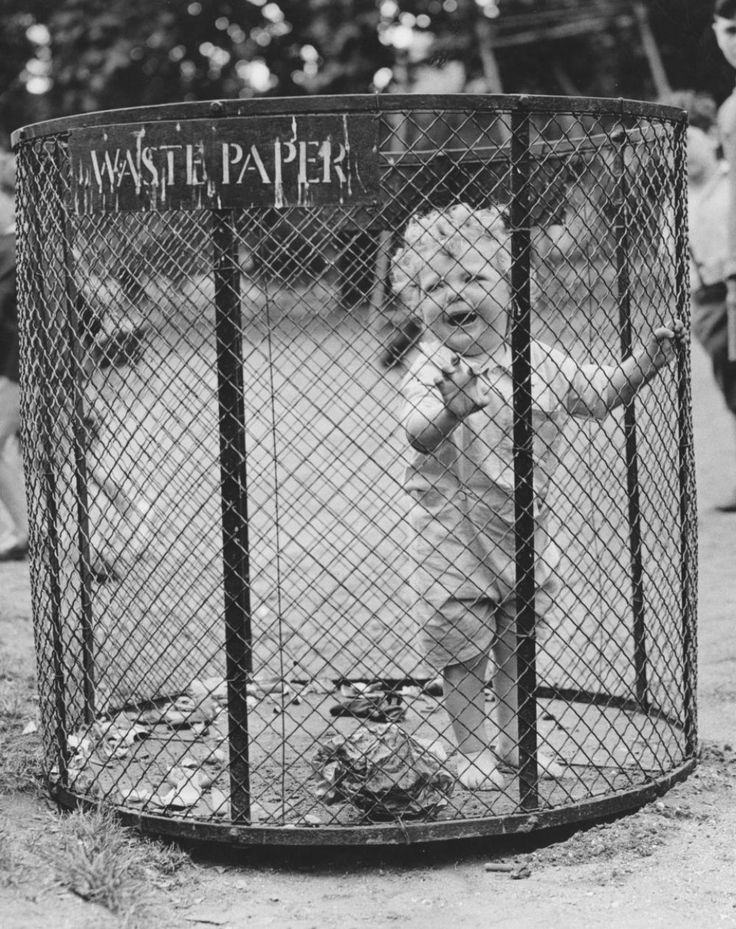
So, you need to bathe your baby in cool water for a strictly limited time, clearly setting the temperature parameters. You can give the following advice about this:
- newborns and babies under the age of one should take a bath with a temperature of up to 30-36 degrees in winter and up to 28035 degrees in summer;
- children from the age group from one to three years are recommended to swim in water with a temperature of up to 28-34 degrees in winter and up to 24-33 degrees in summer;
- Preschool children aged three to five years should bathe at water temperatures up to 26-33 degrees in winter and up to 22-32 degrees in summer;
- Finally, children from five to eight years old are recommended to harden in cool water with temperatures up to 24-32 degrees in winter and up to 20-30 degrees in summer.
In order for bathing in cool water to give a result, one small nuance should be taken into account: after leaving the water, dousing is recommended, and the temperature should be 1-2 degrees lower than in the bath. Next, the child is wrapped in a towel and the whole body is wiped with rubbing movements.
Next, the child is wrapped in a towel and the whole body is wiped with rubbing movements.
If the disease overtook
Despite all the efforts of the parents, the baby can get sick even on the background of hardening. At the first signs of infection, water-air hardening procedures should be canceled so as not to create an additional burden on the body and not provoke the development of complications. When the temperature rises, you should immediately call the pediatrician at home. In the complex therapy of acute respiratory viral infections, specialists often prescribe Derinat nasal drops. To achieve a therapeutic effect, it is necessary to instill the agent into the nose as indicated in the instructions.
After recovery, hardening is recommended to continue. With a break in the procedures for more than 10 days, the water temperature should be 2-3 degrees higher than before. This will help the baby quickly adapt and enter the usual mode. To increase immunity and reduce susceptibility to infections will help prevent SARS in children. Experts advise to carry it out with the help of Derinat drops in accordance with the instructions throughout the epidemiological season.
Experts advise to carry it out with the help of Derinat drops in accordance with the instructions throughout the epidemiological season.
Take care of your little ones and be healthy yourself!
Derinat products
- Drops
- Spray
- Bottle
Useful Articles:
Naughty, Afraid, Shy: How to Raise a Highly Sensitive Child
Clinical psychologist and psychotherapist Elaine Ayron describes herself as a highly sensitive person and the mother of such a child. For 20 years, she has interviewed and consulted thousands of adults and children. On the basis of this data, Eiron wrote the book "The Highly Sensitive Child", where she talks in detail and in a new way about what was previously called "low threshold", "shyness" and "moodyness".
Who is a highly sensitive child
Highly sensitive people (HSPs) are born with the ability to notice more in the environment and think deeply about everything before acting. These people are empathic, intelligent, intuitive and creative, caring and conscientious. But they are easily put out of action by too much information arriving at the same time.
These people are empathic, intelligent, intuitive and creative, caring and conscientious. But they are easily put out of action by too much information arriving at the same time.
Approximately 20% of children (girls and boys equally) have this trait. The percentage is too high to be just a disadvantage: evolution would not allow this. High sensitivity is one of the normal variants of innate temperament. Approximately the same proportion of sensitive individuals was found in all animal species that were studied.
Parents of a highly sensitive child (HSD) know from the start that they have an unusual child. Any newborn can be restless or colic, but highly sensitive babies cry mostly when too much is going on for too long a period of time.
A sensitive child needs fewer stimuli to become "too much". The mood of the parents, for example, anxiety, has a greater influence on such children.
These children are easily frightened and cry if bright light enters their eyes; complain about scratchy clothes, tags, seams, have difficulty falling asleep after a stormy day
As they get older, they often show emotional sensitivity: they start crying quickly if their feelings are hurt, they become more anxious - or may be so happy that they cannot bear it.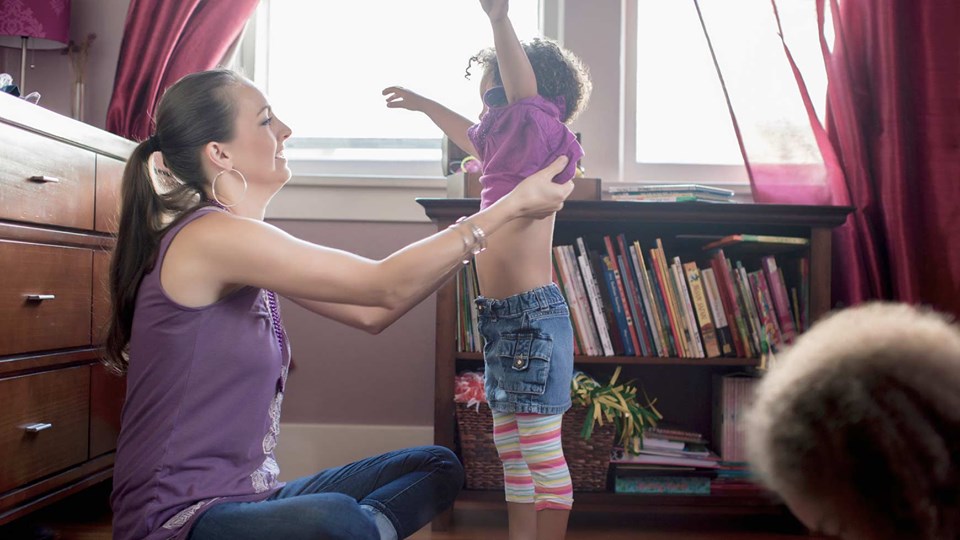
They think for a long time before doing something, so they are often considered shy or fearful. Punishment and even just criticism suppress them. When they grow up, they are often distinguished by kindness and conscientiousness, upset by injustice, cruelty and irresponsibility.
Difficulties in raising such a child
These children are often casually labeled “shy,” “spoiled,” or “capricious.” Parents are worried - they are constantly told that something is wrong with the child. Although they themselves consider him conscious, caring and insightful. Moreover, they know that if they follow the advice of the experienced, the child will suffer. And if you act, sensitively listening to his signals, he is transformed.
Of course, among such children there are real drama queens and demanding "little princes". It depends on such traits of temperament as perseverance, flexibility and intensity of emotions. And also from the role models of the child and the lifestyle of the family.
“I heard parents talking about it: feeling embarrassed in public because of the child’s shyness and whims, his tears “about nothing”, fears, and so on. Some people get confused by this. And some parents - to depression, especially when sleepless nights come in succession. There is a place for anger, feelings of inadequacy, alienation from other parents with "normal" children. Some parents feel tortured, deceived, bound hand and foot. This can affect the marriage, other children, and the health of the parent.”
The child should be free to express his feelings: angry, annoyed, upset, in pain, fear, shock. When they find a way out, experienced parents teach the child how to deal with them. Less responsive ones make children hide their feelings in order to fit in with the environment and not cause trouble, but the child does not learn to control them.
In the course of the study, Eiron heard many sad stories from survey participants about their difficult childhood, when parents with the best intentions caused them great pain because they did not know how to raise a highly sensitive child. Many parents may not know how to get along with HSD, and in desperation they dream that their child will become different.
Many parents may not know how to get along with HSD, and in desperation they dream that their child will become different.
Over-annoyance as the main trigger
One of the main problems of highly sensitive children is over-annoyance. They are disturbed by things that others may not even notice. Trying to cope with over-irritation, some throw tantrums or fall into a rage, others try to be perfectly obedient in the hope that no one will touch them. Still others stick to books or a computer, creating their own little world. Some begin to do their best to compensate for what they consider their shortcomings and strive to achieve perfection.
It happens that children in a situation of over-annoyance lose self-control and they begin to suspect attention deficit disorder - although they are fine if they are not overexcited and the order is not disturbed. Sometimes they go completely nuts, lay down on the floor and start screaming. Other children in an overexcited state react with their body - they start to have a headache or stomachache.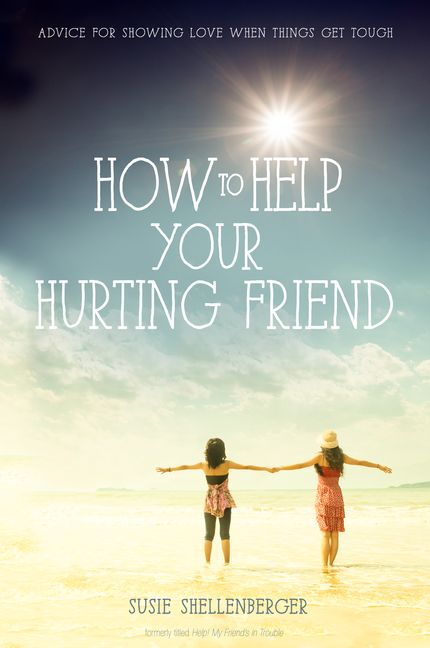 Some decide they've tried everything and give up. They become fearful, distant and desperate.
Some decide they've tried everything and give up. They become fearful, distant and desperate.
In fact, highly sensitive children are calm and sociable most of the time. They are willing to listen and speak. They are not in themselves in a state of stress, but they can often be seen in a good mood - friendly, curious and proud of themselves. They are better at noticing any shade of parental mood: “With such a child, the result of your actions will be more noticeable, your task will be more difficult, but the reward will be greater.”
How Highly Sensitive Babies Grow
Highly Sensitive Babies are “reactive” from the very beginning: they start crying from too much external stimuli, overexcitation and fatigue. At the same time, they reach the threshold of overexcitation faster than others. To reduce general irritation, parents should pay attention to the environment around the child: leave a minimum of toys available, dress him in very soft clothes, reduce the amount of sounds, temporarily refuse trips and visits. And most importantly, stay calm yourself.
And most importantly, stay calm yourself.
It is important to form a strong bond between you and your child - this will give him a basic sense of security in the world.
Sensitive children do not feel confident around an aggressive, punishing, tired, inflexible mother. In this they are no different from others.
At an early age of one to three years, it is important to help adapt to changing circumstances. Give the child the opportunity to get used to the new: tell about the event in advance, make sure that he is ready for change. Almost every behavioral problem at this age has a "bodily" cause: the child is tired, hungry, hot, or thirsty.
After three years, the main task is to teach not to be afraid of new people and situations. It is important to talk to him about his feelings: fear, interest, excitement, joy. It can be mentioned that mixed feelings are normal, especially in new situations. Small groups and order in kindergarten will help your child maintain an optimal level of arousal while still having a social life.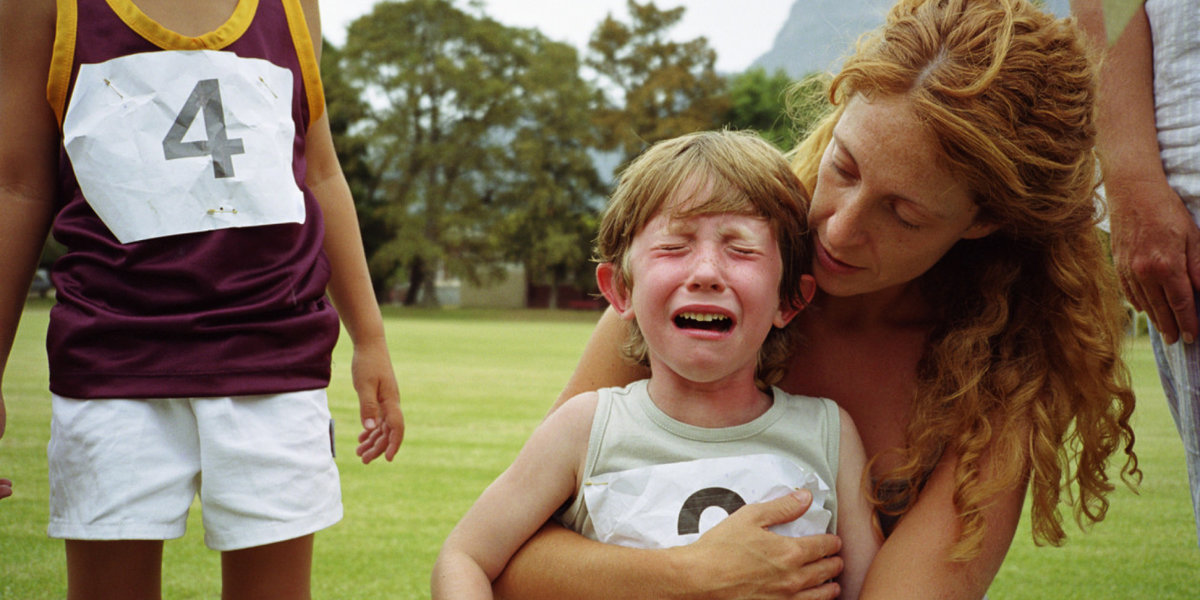
During the school years, parents note the curiosity, creativity, and non-standard thinking of their children. But they are still vulnerable to stress (there is no good friend at school, they live in the same house with a seriously ill person, there is not enough money in the family). They cannot simply put aside fears and annoyances, as many others do. And long-term fear easily develops into constant anxiety.
Therefore, in difficult situations, highly sensitive children tend to have an increased tendency to anxiety and depression. So he can control the behavior.
Help your child recognize what usually improves his mood. Teach him how to solve problems and turn to others for help. You can reduce the level of stress in your child's life by arranging the day in such a way that it has frequent breaks for rest. Show more care in difficult days. Always take care of quality sleep - chronic sleep deprivation is especially harmful.
Between the ages of 14 and 18, the progressive talents and spiritual depth of highly sensitive children are most striking.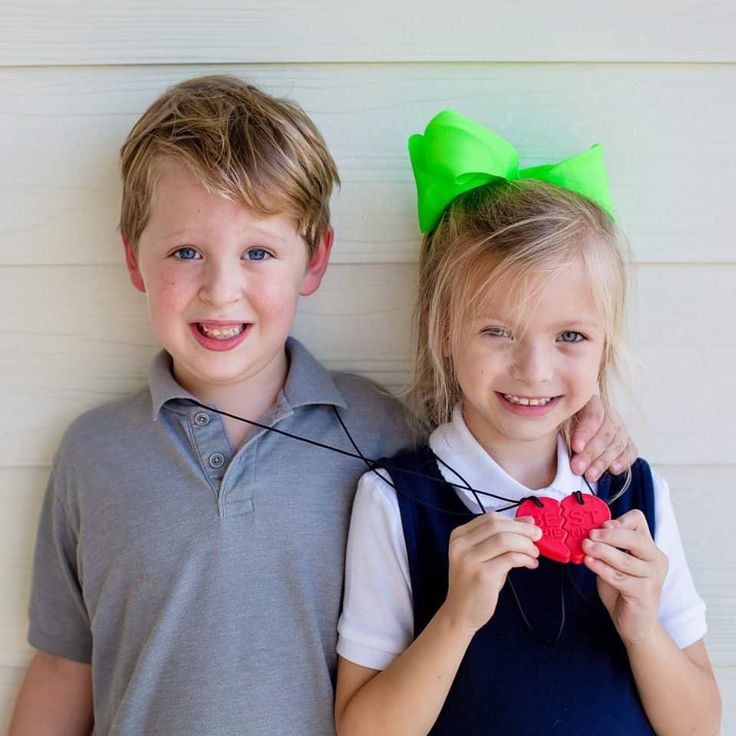 They can be budding inventors, scientists, chess players, computer scientists. At this time, they begin to work on overcoming the peculiarities of their behavior - shyness, fearfulness, or lack of life experience. They most of all want to try new things, and they are the least worried about overwork. Adolescence and "twenties" are the time when manifestations of high sensitivity are at a minimum.
They can be budding inventors, scientists, chess players, computer scientists. At this time, they begin to work on overcoming the peculiarities of their behavior - shyness, fearfulness, or lack of life experience. They most of all want to try new things, and they are the least worried about overwork. Adolescence and "twenties" are the time when manifestations of high sensitivity are at a minimum.
Although your teenager is now acting very bold, confident and persuasive, stick to the following principles:
1. Make sure he has someone to talk to.
2. Continue to help him cope with overstimulation: your child needs to understand what living conditions his feature requires - sufficient rest, reduction in the number of stimuli, control of the level of arousal.
3. You spend less time together now—find ways to express your love and support briefly but generously. Instead of doubt and anxiety, express trust. Repeat the formulas: "I believe that you will do the right thing" and "Think carefully, and then do what you see fit.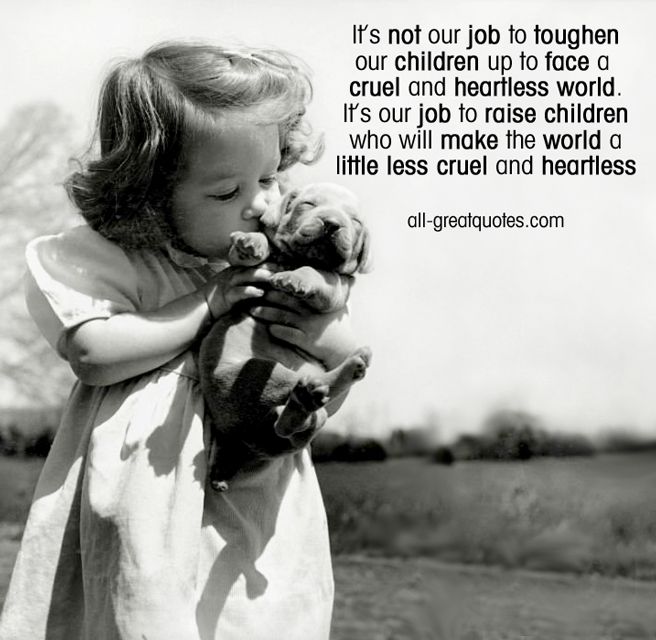 "
"
4. Accept that a teenager needs to distance themselves from you in order to become a separate person. “Letting go does not mean breaking the connection, stopping loving, or not expecting love in return. On the contrary, true love and connection are manifested only when there are two people, and not one. Kids just can't love you if you don't let them be themselves."
What can be a problem for parents
1. Increased attention to detail
Trust your child: if he says that something hurts him, rubs or pricks, it really is. Small highly sensitive children should be fed and rested, then they will be less irritable. However, it is worth delineating the boundaries of what you can do to save the child from discomfort: "I try to tie the shoelaces as you ask, but only five times in a row."
2. Rapid overexcitation
Such a child gets overexcited more easily because there is too much information coming in at once (from outside and inside - when the child imagines something scary or disturbing). Highly sensitive children have areas in which overexcitation is fraught with difficulties. Explain how tension affects success and ease of execution: "You can do a lot, but nervousness, noise or a new environment can get in the way."
Highly sensitive children have areas in which overexcitation is fraught with difficulties. Explain how tension affects success and ease of execution: "You can do a lot, but nervousness, noise or a new environment can get in the way."
Identify your child's strengths and start working on it. It is important that at first each attempt is successful. Highlight the areas in which the child is so trained and skilled that nothing will confuse him. Help him enjoy these activities in a normal environment - you can sing in the car, put on a performance - for grandmothers. And it is not necessary to enroll in a circle.
3. Strong emotional reactions
Intense reactions appear unconsciously already in infancy. Older children may not be aware of them or suppress them if they seem unacceptable. It is important here how the parents taught the child to work with his emotions. Let your child express their feelings. Talk about them, learn to read emotional cues to help recognize feelings.
4. Awareness of the feelings of others
Such children are more affected by the psychological alienation of significant adults and the insecure relationship with the mother. The most important thing for a parent is to create an atmosphere of acceptance. Try to appreciate the sensitivity of the child towards you - the main person in charge.
People often deny that they are afraid or angry to avoid embarrassment or because they themselves do not notice their feelings at these moments. It will be much easier for your child if you yourself know how to identify your feelings and do not hide them.
Because of his awareness of the feelings of others, an HSD may unconsciously prioritize the needs of others in order to alleviate their (and his) emotional pain. It's important to keep a balance. Explain to the child that he has the right to say "no" or ignore someone else's opinion.
5. Caution in a new situation
HF is very receptive, so he analyzes a new situation comprehensively before taking a step forward. Eyron identifies two systems in the brain, which he calls "stop and check" and "seize the moment." ICP is highly developed in the first - they can be cautious, but at the same time seek adventure. The good news is that ICP is less likely to fall out of a tree, get hit by a car, try cigarettes, or get scammed.
Eyron identifies two systems in the brain, which he calls "stop and check" and "seize the moment." ICP is highly developed in the first - they can be cautious, but at the same time seek adventure. The good news is that ICP is less likely to fall out of a tree, get hit by a car, try cigarettes, or get scammed.
You can help in moments of indecision by emphasizing the similarities with situations that the child has already dealt with (“the meeting of relatives will be like a grandmother’s birthday”). It is worth moving in small steps, each of which will be given to the child easily and in which he is guaranteed to succeed.
6. He is not like others
In our society, sensitive children are not admired. However, there are cultures where this trait is valued higher. Your child's sensitivity is not a disorder or an inability to filter incoming information. Attempts to heal, eradicate or hide signs of sensitivity will lead to big problems.
Don't be afraid to talk to others - and to the child himself - about his sensitivity. Teachers, peers, and relatives can appreciate the many things that make your child stand out from the rest. They will help your child build self-esteem and support him.
Teachers, peers, and relatives can appreciate the many things that make your child stand out from the rest. They will help your child build self-esteem and support him.
4 Principles for Raising a Happy Child
Highly sensitive children take on a lot of things and react strongly to the words and actions of others, so they need help setting boundaries more than other children. As a result, your child will confidently accept himself and filter out the bad, because it will not be so easy to convince him that he is bad or not worthy of having his own opinion and needs. He will know that he has the right to cut off everything bad.
1. As little criticism as possible
Too much criticism and the HRC will decide that it is better to consider yourself knowingly wrong. They often don’t need it at all - they will punish themselves: when they are told that they made a mistake, they think it over deeply and analyze it comprehensively.
Such children are prone to depressive realism in assessing their actions or the opinions of others about them. They strive to do everything right on the first try. It is important to respect the feelings, needs, opinions and decisions of the child.
They strive to do everything right on the first try. It is important to respect the feelings, needs, opinions and decisions of the child.
You cannot control everything your child hears from others, so it is important to teach them how to interpret what they hear. It is necessary to help formulate answers and develop a defense mechanism. In adulthood, unresolved shame and low self-esteem will cause him daily excruciating emotional pain.
2. Don't use shame
Shame is much more than low self-esteem: the destructive feeling that you are all bad. He can evoke violent hostility towards others or towards himself. A person who is ashamed is passive and helpless. One of the situations that cause rage and explosive behavior in the HCR is the feeling of shame, which he cannot bear.
It is important to be careful when comparing HDRs with others - they should be affirmative, not shaming. It is worth avoiding banter in the family: sometimes disguised hostility is presented in an outwardly harmless form. Talk to your child about what is happening if there are problems in the family. Children should not blame themselves for them.
Talk to your child about what is happening if there are problems in the family. Children should not blame themselves for them.
3. Calm discipline
Morality arises naturally in a child's loving relationship with caregivers. At the age of two or three years, the child begins to accept the point of view of his parents and perceive it as his own. The child may say to himself: “It’s better not to touch it, mom said that it might break.”
Usually highly sensitive children are very remorseful after a mistake and punish themselves with regrets. Parents admit that tougher punishments do not work: as a result, the child cries to the point of trembling or falls into an uncontrollable rage, which means: "I can't take it anymore." In this state, he suffers and is frightened, which means he cannot learn his lesson.
If your child has frequent fits of disobedience or emotional breakdowns, you probably want too much from him, regardless of age and temperament.
4.
